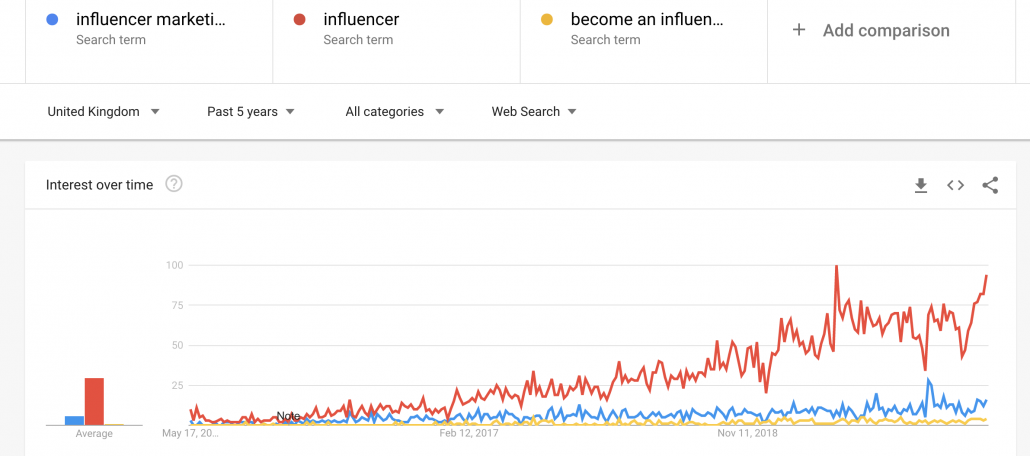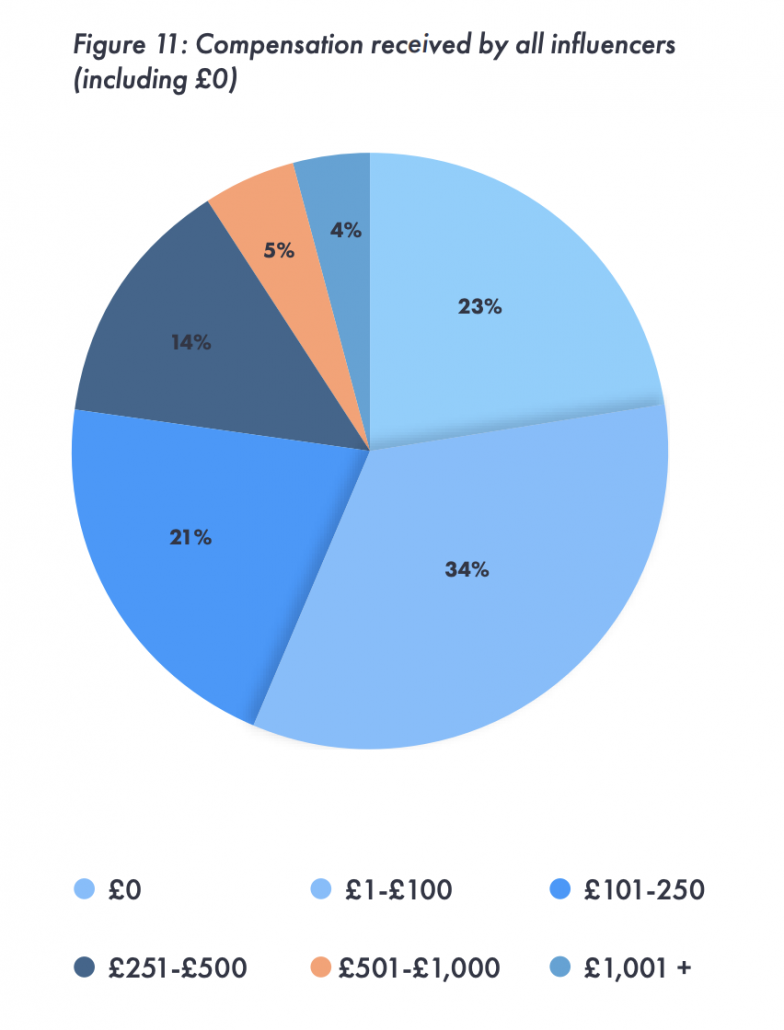IS LOCAL MEDIA COVERAGE JUST AS VALUABLE AS NATIONAL MEDIA COVERAGE?
At Source PR, we have plenty of experience gaining coverage for our clients, from the nichest of publications to some of the UK’s largest. From the BBC News to ITV, the Mirror Online and the Financial Times, we’ve got a track record we’re proud of.
But we’re no stranger to local media, either. In fact, a majority of our press releases go directly to local media journalists and publications. Forming good relationships with journalists and keeping up-to-date with the goings on of regional media is essential to our role in securing coverage for our clients.
But with smaller readership numbers compared to national media, is local media worth trying to get coverage in?
We say a resounding, loud yes: and here’s why.
1. A relevant audience
It’s obvious that directing a press release towards those who will benefit from the information most is the best course of action.
We work with Cheshire pubs for whom the target audience of their coverage is, naturally, local readers and viewers. While a viral Buzzfeed article or a national news story on BBC News is certainly not going to hinder their business prospects, it goes without saying that a pub first and foremost has to win over the local residents – and keep them coming back.
Targeting local media is the best way of helping them achieve this goal, both for online and offline coverage.
It’s not only smaller businesses that try for coverage in local media, either: national corporations that run campaigns and events in one particular area benefit from the local media’s ability to inform local residents, meaning they’re perfect to use for advertising and features.
Whether it’s a pub, a logistics company or a builders’ merchants, at the end of the day, it’s those local to the business who will be giving the business the most trade – so it makes perfect sense to reach them in their local media.
2. Trust is key
Did you know that, according to an American-based study by the Knight Foundation, local journalists are seen as more caring, trustworthy and unbiased in comparison to national media journalists?
The same study found that 45% of participants trust local news reporting either ‘a great deal’ or ‘a lot.’ Currently, there is a lot of mistrust for mainstream media from all sides of the political spectrum: from Donald Trump’s infamous rhetoric of citing news outlets such as CNN as ‘fake news’, as covered in our previous blog; to complaints in the UK of biased reporting from the big news outlets such as the BBC, sparking a national conversation about the need for a TV license fee.
Right now seems like the perfect time to invest time and energy into local media, which not only has the trust of its readership, but also keeps them informed of the most immediately relevant information to their day-to-day lives.
3. Keeping connected
Similarly, readers tend to feel more connected to their local media than to national media. A Government-backed study found that for every percentage point growth in a local daily newspaper’s circulation, local electoral turnout goes up by 0.37 percentage points. Informing readers of relevant local happenings leads readers to being more in-tune with goings on of their town or city, thereby making them feel more active participants in local democracy.
Some corporations have intervened in order to help keep local democracy thriving. To help combat the deficit in local news reporting, the BBC launched a Local Democracy Reporting scheme, which created up to 150 new jobs in local media throughout the UK. The reporters cover top-tier local authorities and other public service organisations.
In Facebook’s new ‘journalism project,’ the social media giant posits an initiative specifically for local news, stating that: “We will be collaborating with news organizations to develop products, learning from journalists about ways we can be a better partner, and working with publishers and educators on how we can equip people with the knowledge they need to be informed readers in the digital age.”
As Facebook has, in the past, come under fire for its lack of scrutiny of ‘fake news’, this is a great way for the corporation to step in and help make local news more accessible and verifiable.
Keeping it local
Some people think they have only made it in the world of PR if they’ve secured national media coverage. We say there’s a lot more to being successful in PR than only targeting the nationals. Targeting where your customers are reading is where it’s at, always.
Need some advice?
If you’d like some tips and support on the best ways of getting coverage for your business, you can get in touch with our friendly and experienced team via our website. We’re also on Facebook, Twitter, LinkedIn and Instagram – why not follow us?





